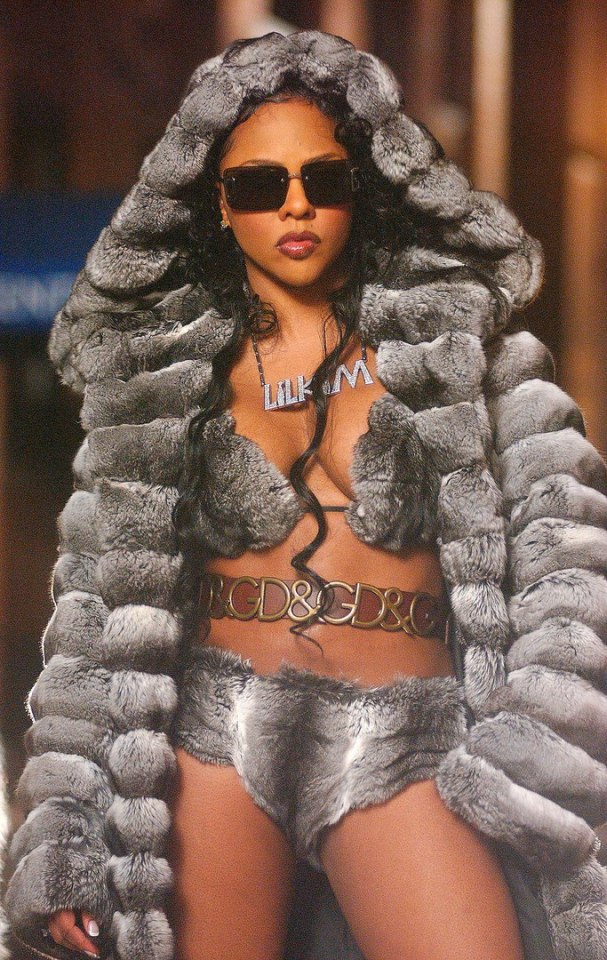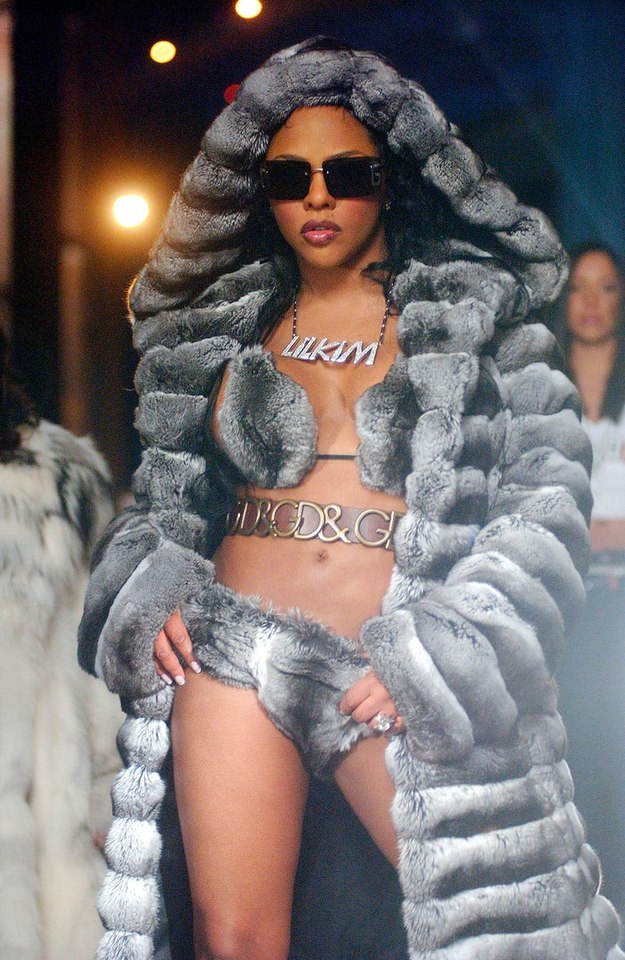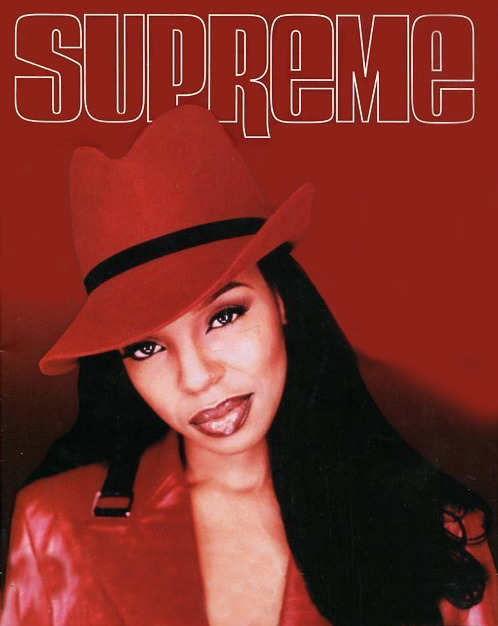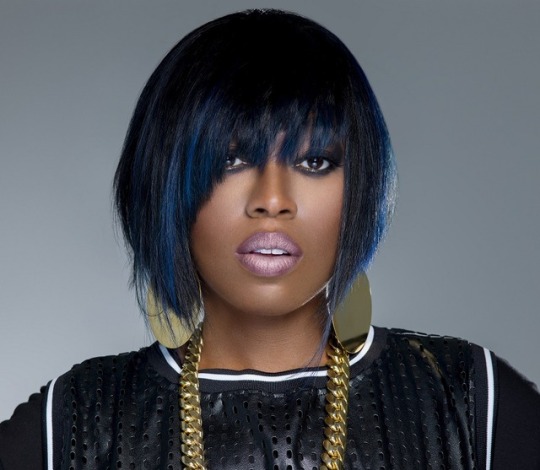The purpose of this blog is to shed some light on gender inequalities within the rap music industry. We will discuss the difficulties women face in a male dominated genre.
Don't wanna be here? Send us removal request.
Text
Female Rappers
When we think of rap music and the talented rap artists we’ve grown up with, it’s hard to ignore that this is a male dominated genre. While we have seen women break into this genre, and done so successfully, we have been conditioned to separate them in their own category as “female rappers” instead of just “rappers”. In an Aside blog post author A. Harmony wrote “thanks to years of conditioning, we tend to consider male rappers the default and rely on a modifier for clarity’s sake (“no, I meant who are your top five female rappers?”). But we need to ask ourselves what message we reinforce by separating women from the larger pool of emcees” (Harmony,2018). We take away so much from an artist when we start categorizing by gender. We add to the stigma when we can’t recognize Missy Elliot or Nicki Minaj at the same level as Jay Z or Lil Wayne. Rappers, and artists in general, are individuals and each bring something to the table. In the music industry, there is such a need to seperate rappers into categories. It used to be by race, think Eminem, and now by gender. In an interview with Big Boy’s Neighborhood, Nicki remembers being part of Young Money Entertainment and told to fit in the box that the male rappers were in or fit in the “female rapper box”. Nicki couldn’t fit in either box, she is one of a kind and didn’t want to be molded by gender. She wanted her music to represent herself (Power 106 Los Angeles, 2012). This “female rapper box” is full of expectations. It is assumed that women can’t perform rap music in the same way men can and therefore must make up for it with their sexuality. If they want to sell records they have to sell their bodies. It has been a long battle, but women are fighting this stereotype and fighting to be recognized on the same tier as their fellow rappers, they are fighting to support other women rappers and are “redefining stereotypes of derogatory female images to use them as images of female agency and empowerment” (Herd, 2014) Unfortunately, it’s not only the rap genre where were seeing low female representation. Over the last six years the representation of women in pop music has been low. From 2012 to 2017 women represented only 22.4% of performing artists. In addition, a vast majority of awards at the Grammy Awards go to men (Sisario, 2018). We hope women and men continue the fight in seeking equal representation and acknowledgement in the rap industry. Let’s get rid of these gender boxes and allow these artists the respect of being individuals.
2 notes
·
View notes
Photo


Missy Elliott, 1997.
Shot by : Eric Johnson.
4K notes
·
View notes
Photo




Lil’ Kim rocks a $150,000 floor length chinchilla coat accompanied with a $125,000 matching chinchilla bikini, at 3 a.m. under the Manhattan bridge in the freezing cold for her music video ‘Came Back For You’. The G.O.A.T.
11K notes
·
View notes







